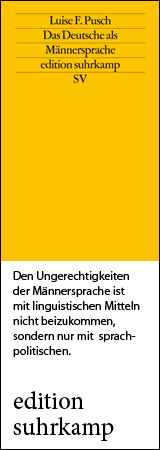
Commons.Wikimedia.org
born on August 7, 1822 in Warsaw
died on May 22, 1874 in Warsaw
Polish pianist, matron of the arts, queen of the aristocratic salons
150th anniversary of her death on May 22, 2024
Biography
Maria Kalergis was one of the most famous and beautiful women of her era. Highly intelligent and well-educated, she was greatly admired by the most important people of her time. She took piano lessons from Chopin and soon became the best interpreter of his works. She had a close friendship with Liszt; she was a sponsor of the opera composer Moniuszko; her playing moved Rossini to tears; A. Rubinstein gave concerts with her; Delacroix admired her; Lenbach painted her portrait; Turgenev and A. Tolstoy were her guests; she frequented the Bismarck family home. She went down in Polish literary history as the muse of the poet Norwid, whose boundless love for her was, however, only a brief episode in her life.
After her parents separated, Maria grew up with her uncle, Foreign Minister Nesselrode, in St. Petersburg. At 17, she married Jan Kalergi, a rich Greek Cretan, and gave birth to a daughter. The marriage failed.
Wealthy and independent, Maria moved to Warsaw to live with her father Count Nesselrode, the head of the Russian gendarmerie in the Kingdom of Poland. Despite his function, she was accepted as Polish in the literary salons hosted by Polish nationalists. Her upbringing as a Russian could not erase the first six “Polish years” with her mother in Warsaw. Maria offered support to Polish patriots persecuted by the Russian occupiers.
In Warsaw, she perfected her piano playing, gave her first concert and blossomed into the beauty of the aristocratic salons. In 1847, she opened her own salon in Paris. Diplomats, politicians and the greatest artists frequented her salon. She promoted young talent, and was therefore referred to as the white siren.
In 1863, Marie married Sergei Muchanow, a Russian officer. When he became president of the Warsaw theater, she fought against censorship and co-founded the Warsaw Musical Society. She then fell ill, and died in great pain from abdominal cancer in 1874.
(Text from 1996; translated with DeepL.com; edited by Ramona Fararo, 2024.)
Please consult the German version for additional information (pictures, sources, videos, bibliography).
Author: Hanka Blaszkowska
Quotes
We all keep the memory of this luminous figure deep in our hearts. Her life was an uninterrupted and unceasing search for the ideal of goodness and beauty. (Franz Liszt after her death)
If you hold the rights to one or more of the images on this page and object to its/their appearance here, please contact Fembio.



